A water leak can be a headache, but there’s often a quick, inexpensive fix for this common plumbing work. While most homeowners spot water leaks with quick inspections, other leaks develop out of sight. A slab leak is one such leak and one of the most difficult leaks to deal with. In this article, we examine the slab leak in detail so you can fix slab leaks without delay.
What is a Slab Leak?
Slab leak repair cost doesn’t have to make you spend sleepless nights. Act quickly to reduce overhaul costs. But first, understand what a slab leak is.
Most modern homes are built on concrete slabs.
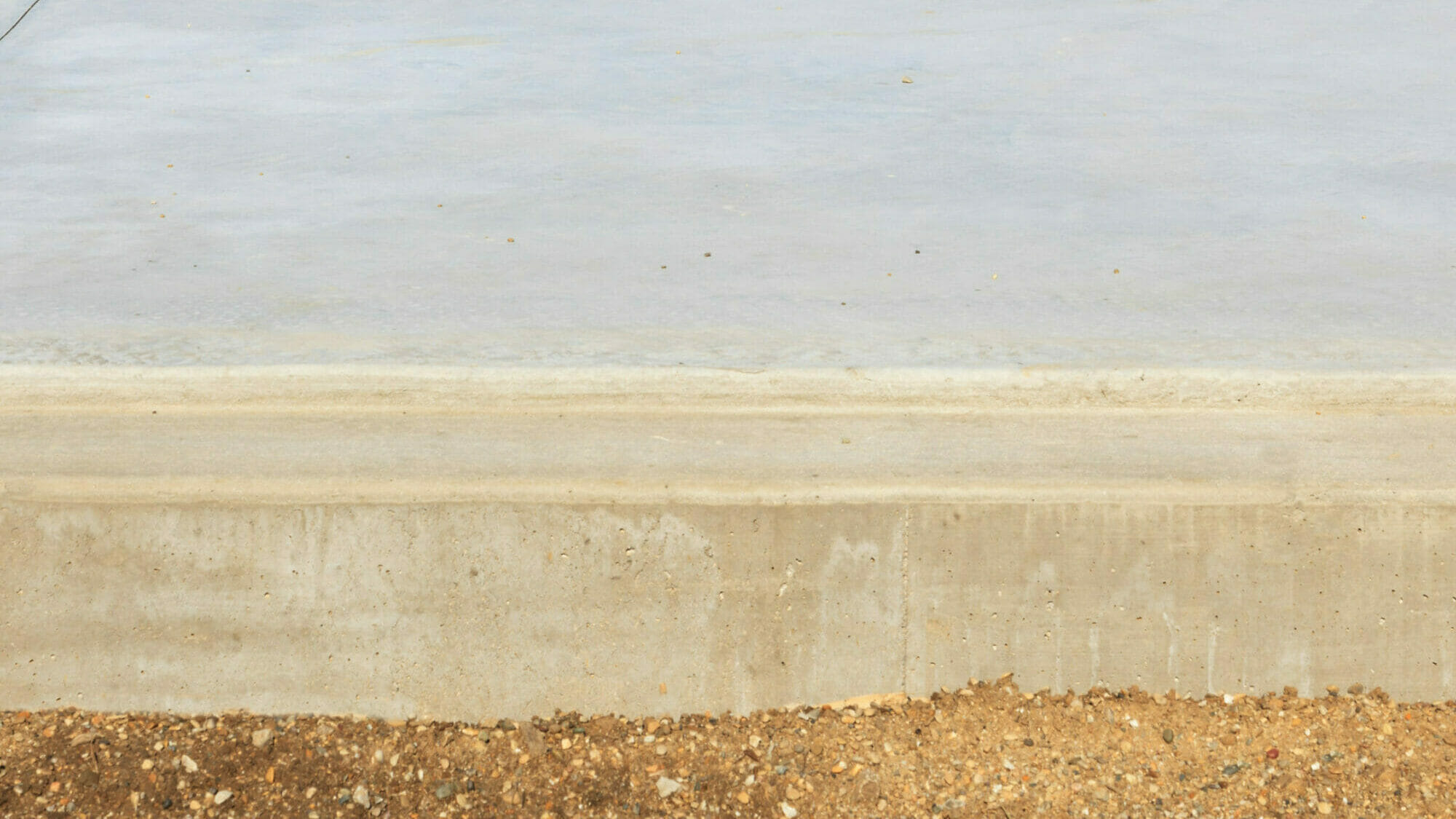
A slab leak occurs when a water pipe leaks under a concrete slab foundation. Since the plumbing system lines are beneath the house, you may not even realize that a major plumbing issue is developing.
Slab or foundation leaks can be a serious problem and start off invisible to the eye and can go undetected for weeks or even months. As the problem concerns underground pipes, it’s more difficult to spot.
Consequently, this can lead to several issues affecting concrete foundations that will only get worse if the leak isn’t stopped. Any damage to the slab undermines the structural integrity of the entire house. Therefore, it’s worth knowing the common causes of slab leaks.
Causes of Slab Leaks
Slab leaks happen under several circumstances. Water supply lines run underground and under the slab. When water leaks occur, you have a leak under your home’s foundation that may threaten its concrete foundation.
There are several possible causes of slab leaks.
Old Plumbing Pipes
Slab leaks tend to affect older homes just because having older plumbing lines can lead to all of these causes of slab leaks. Old home’s plumbing system is one of the major causes of slab leaks.
Pipe Corrosion and Abrasion
Corrosion and abrasion stress don’t cause issues overnight. It takes time before you’ll start to see signs of a leak. Plumbing lines underground are in direct contact with the soil and the metals it contains. This can lead to galvanic corrosion or a damaged pipe caused by contact between two different metals. This kind of corrosion can eat a hole in your pipe and cause a single leak or multiple leaks.
Pipes are not static underground. With regular use, they expand (hot water pipes) and contract (cold water pipes) depending on the temperature of the water. When pipes move, they rub against the concrete slab or rocks, touching the water pipes under the slab. Over time, small abrasions can lead to a leak.
Improper Installation of Plumbing Pipes
If your pipes were bent, dented, or kinked during construction, these damaged areas become weak. They are prone to pipe bursting when subjected to varying water pressure and the abrasive property of the surrounding ground.
Choice of Pipe Materials
The choice of plumbing materials can be a contributing factor to slab leaks. Cast iron, galvanized steel, and copper pipes are common in older homes, and while these materials are durable, they are also prone to rust and clogging as they age. Newer homes now use plastic pipes such as PVC, CPVC, or PEX that are corrosion-resistant and easy to work with.
Poor Water Quality
Having either extremely hard or soft water can cause pipe corrosion. This leads to minor pinhole leaks that, over time, can cause major slab leaks.
Soil Moves
Expansive soil shift is a typical culprit in houses suffering from concrete slab leaks. This swelling and shrinking of the soil happen when the ground conditions change from dry to wet. The movement of the soil under the foundation can potentially damage water pipes.
Signs of Slab Leaks
Now that you know the common causes, learn how to address slab leaks. First: look for the symptoms that may herald a leak. There are some physical signs to help detect leakage. Let’s review those signs.
Changes in Your Water Bill
Pay close attention to your water bill. If it goes up exponentially one month or steadily over a few months and you aren’t doing anything out of the ordinary, there’s a good possibility that you have a leak.
Unusual Hot or Warm Spots on Your Floor
If you are experiencing unusually hot spots on your floor that you never noticed before, it could be a sign there’s a leak in your hot water line. The hot water has leaked into and under the concrete slab, and now it’s warming the floor.
Sound of Running Water
If you hear water running under your floor when none of your taps or water-using appliances are on, there’s a good chance you have a leak.
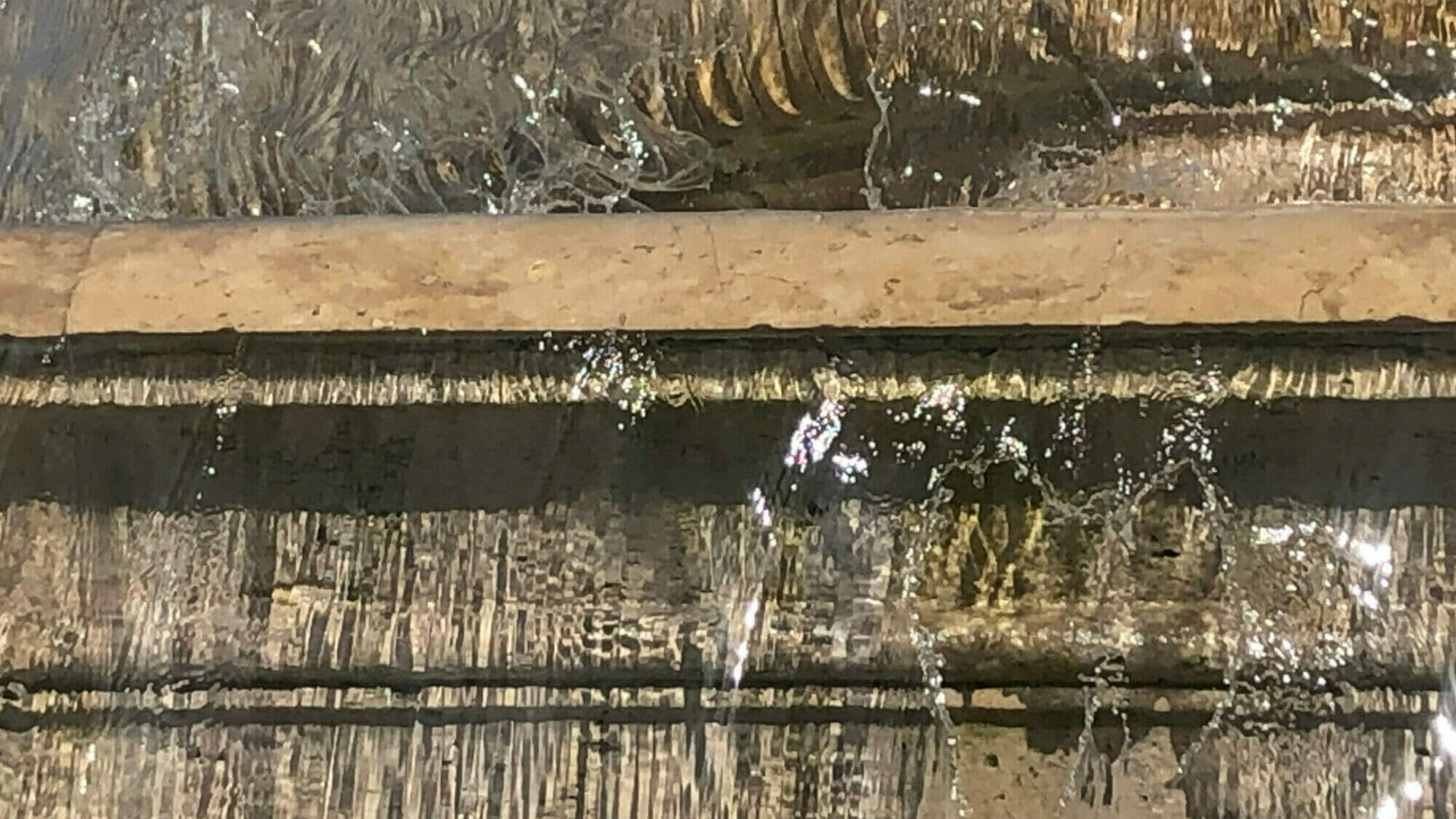
Wet Spots
One of the easiest ways to identify a slab leak is by looking for any water spots or damp wet areas that are showing up on your floor. These are usually caused by leaking hot water lines. In addition to being able to visibly see these spots or feel them underneath when walking barefoot, you may be able to hear the sound of rushing water.
Ignoring Slab Leaks Means Property Damage
If you aren’t able to detect a slab leak in time, or you don’t repair slab leaks as soon as you discover it, a slab leak can cause some serious and costly damage to your home.
The following are the issues that can result due to slab leaks:
- Ruined flooring – The longer water is allowed to seep in through your home’s slab, the more risk occurs of your flooring being ruined. A slab leak can cause waterlogged carpeting, cracked tiles, and saturated floors.
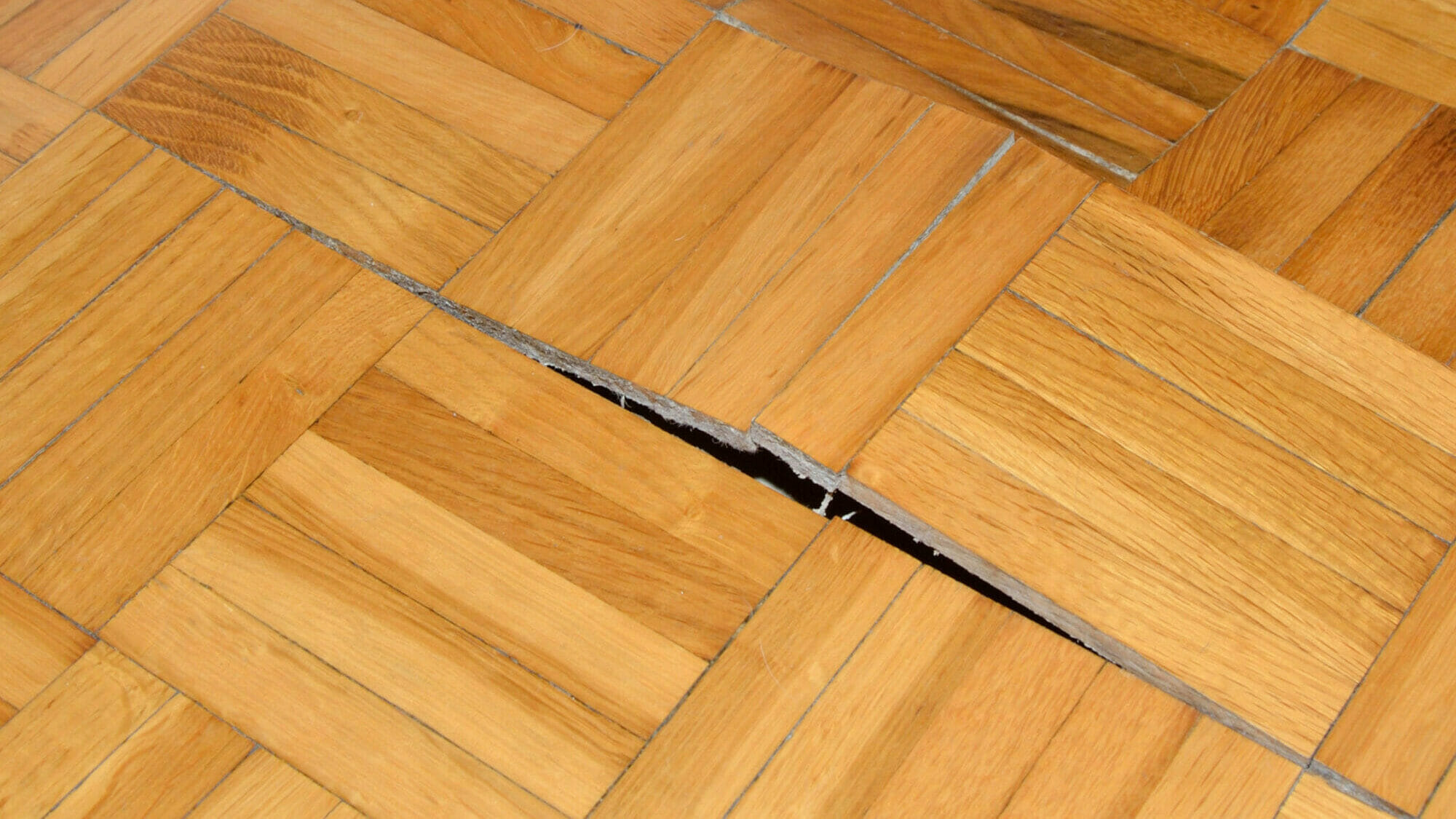
- Damaged foundation – A slab leak causing swelling, and this could result in parts of your foundation to either move or even crack.
- Damaged yard – A slab leak can end up rising up through your yard as well. This can result in your yard flooding, which would ruin your grass or landscaping. It can also lead to serious damage to any outdoor pools as well.
- Odors and Mold – A slab leak that is left unrepaired will eventually lead to moldy or musty odors spreading throughout your home. Any leaks that originate from your property’s sewer drain lines will lead to the house smelling like sewage. Because drywall tends to soak up water, mold will begin growing rather quickly. Mold is not only unsightly, it can cause health issues to your family, especially for individuals that suffer from respiratory problems.

In a worst-case scenario, slab leaks can lead to the eruption of your floor due to excessive pressure from the leak below. Some even end up with a geyser-like fountain flooding their homes.
Even if the case is not critical, with a slab leak, you have a constant source of leaking water that fast-tracks foundation damage. A leaky pipe can lead to unpleasant consequences and it’s essential that you start repair process as soon as the leak is detected.
Repairing a Slab Leak
If you suspect that you are dealing with a slab leak, the first thing you need to do is call a slab leak repair specialist.
A licensed plumber can diagnose the problem quickly and pinpoint the location of the leak using modern equipment such as electronic listening tools and line-tracing equipment.
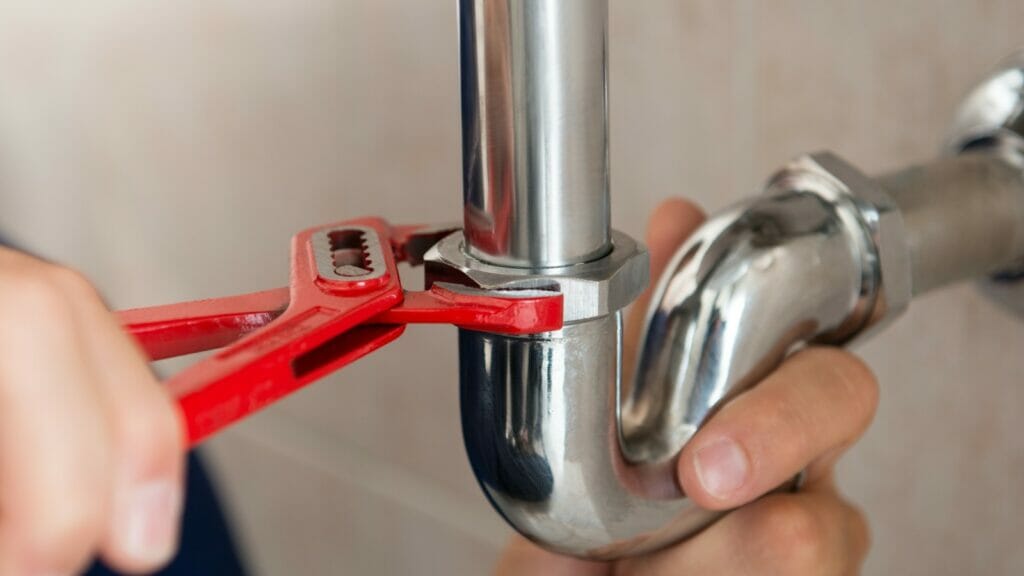
Once the location of the slab leak is isolated, you have several options to repair it.
Trenchless Leak Repairs
Trenchless pipe repair to fix a slab leak requires minor demolition. Your plumbing expert will only need to create access holes to make the pipe leak repair. It is the most non-destructive method used, and isn’t as costly as traditional methods used to repair a leaking pipe.
The plumbing specialists will use pipe liners to seal the broken pipe vs. installing new piping. If trenchless repair is viable, they will clean the pipe, place the pipe liner and inflate it, and then let it cure.
If there are badly damaged water lines, they can also do pipe splitting, which involves inserting new pipes that are slightly larger than the existing ones.
Re Route or Re Piping
When multiple pipes and multiple leaks are involved, plumbers often opt for re-piping or installing new pipe to eliminate the leak.
Re-routing pipes also requires demolition, or jack hammering, if you have pipes under your floors and inside your walls that also must be replaced. This is the best solution if you only have to replace a small number of pipes.
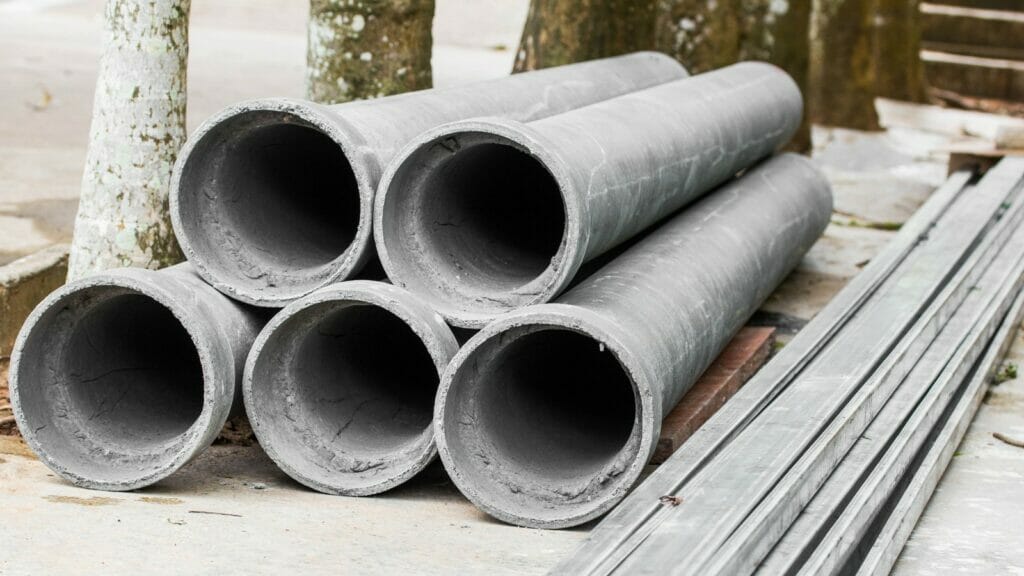
Pipe re-routing repairs may take several days, depending on the efficiency of your contractor and the amount of work needed. Since it may involve breaking through the slab, you might need to leave your home and stay somewhere else while the work is completed.
Tunneling
Most homeowners want to salvage their expensive flooring and choose tunneling for a repair method.
The plumbing crew will dig tunnels under your home, perform the necessary repairs, and return the soil that was removed.
Contact a Slab Leak Repair Specialist in Rockwall, TX
If you notice any signs of potential slab leaks in your home, call a slab leak repair professional immediately. The earlier you address the problem, the less water damage you’ll have to deal with under your foundation and inside your home.
When it comes to slab leak repair, trust the experts with proven experience in the field. A slab leak is not something just anyone can fix. It takes time, expertise, and proper equipment. Get help from people who have the training to get the job done right.
Do you notice the signs of a leak in your home? Contact Intown Plumbing today.

